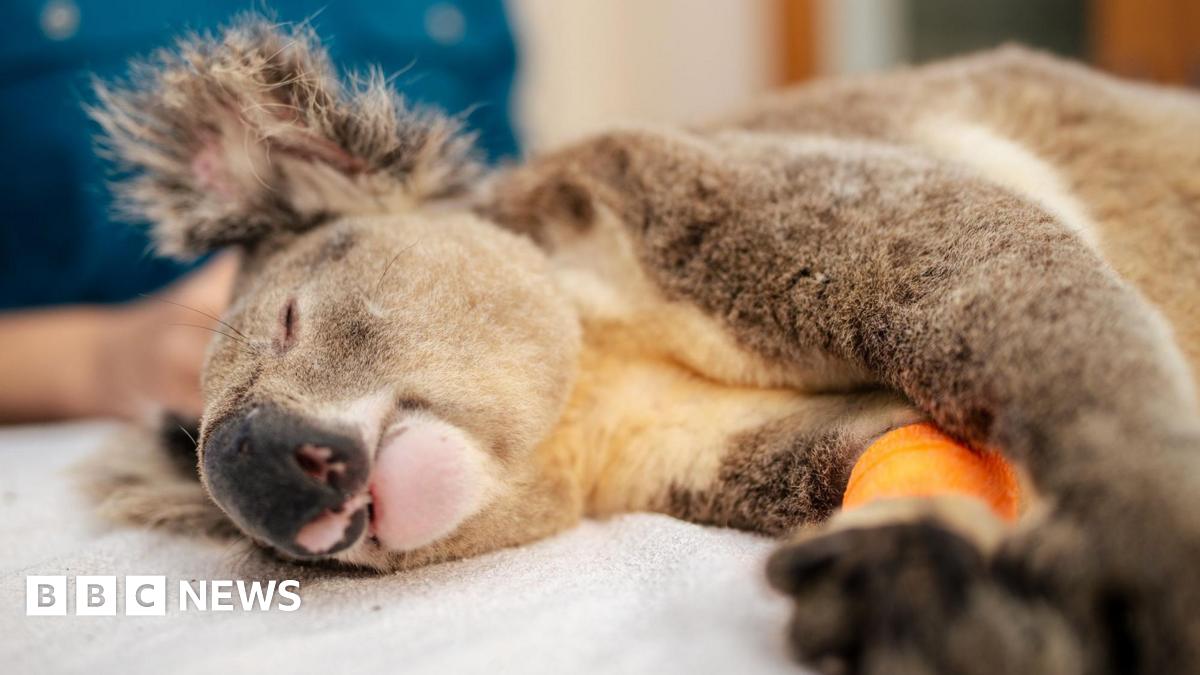Both male and female koalas can contract the disease, which is a different strain to the one found in humans, while joeys can catch it through feeding in their mother’s pouch.
Koalas infected with chlamydia are usually given antibiotics but the treatment means they cannot digest eucalyptus leaves – their only food source – leading to starvation and sometimes death.
The much-loved national icon has faced increasing threats to its wild populations across much of eastern Australia in recent decades from factors including land clearing, bushfires, drought and urbanisation.
But chlamydia has been the biggest killer and claimed thousands of koalas, with some estimating that only 50,000 remain in the wild.
The vaccine’s approval is based on a decade-long study of clinical trials, which the university described as the largest and longest ever study of wild koalas.
